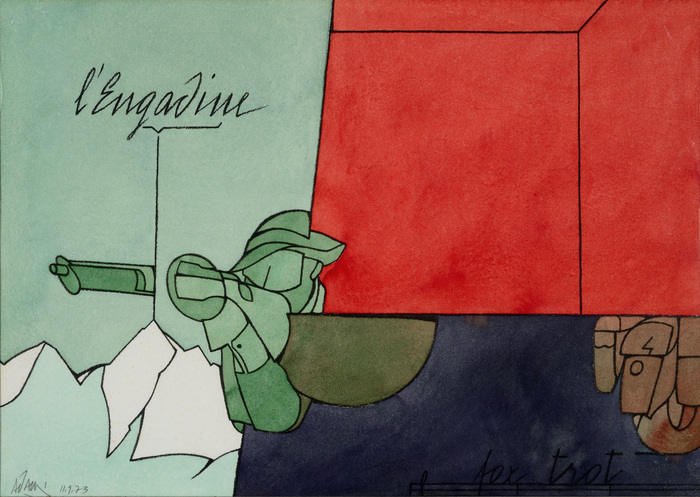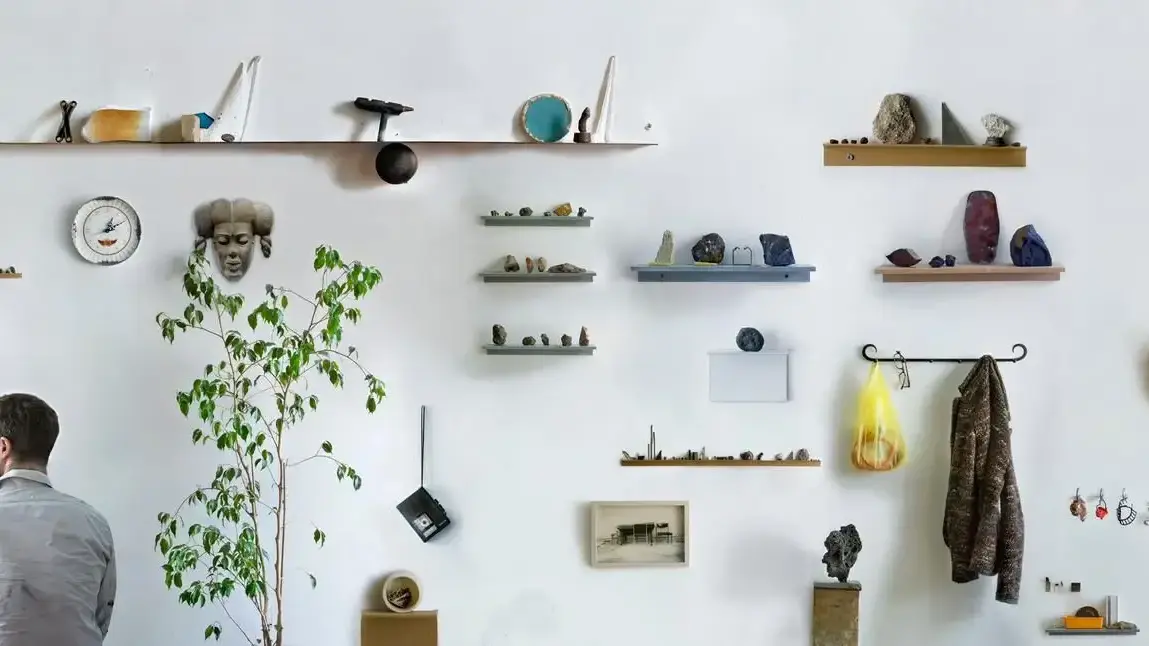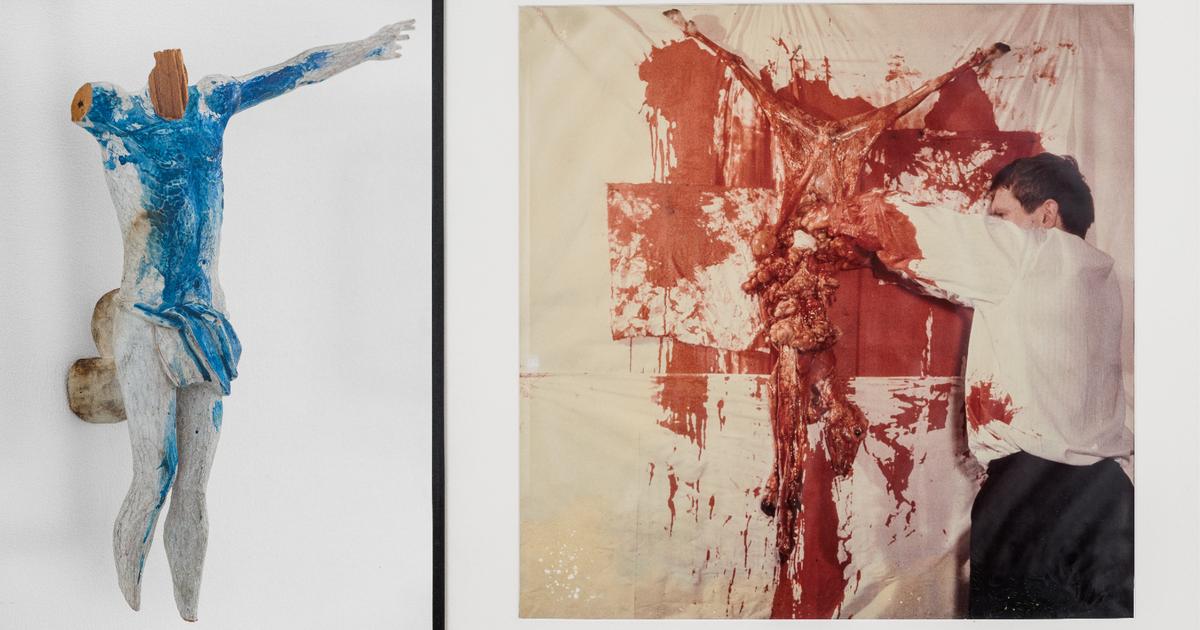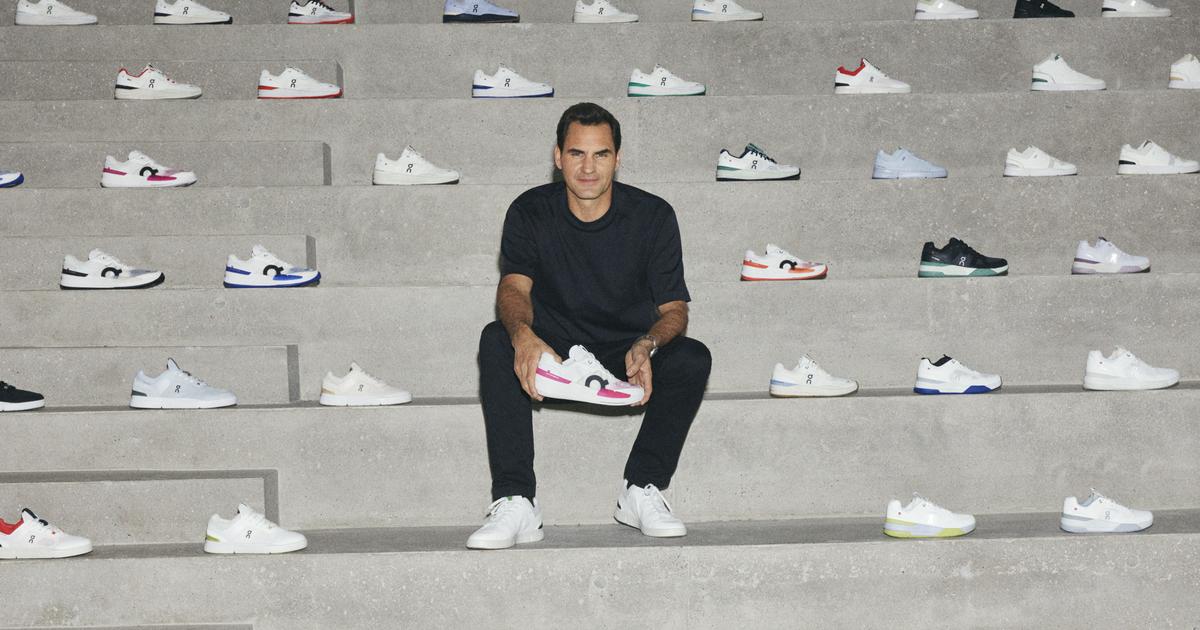Enlarge image
The extension of the new Kunsthaus Zurich, where the Bührle Collection is housed
Photo: Walter Bieri / dpa
The activities of controversial Swiss arms manufacturer and art collector Emil Bührle, who did business with Nazi Germany, come under scrutiny more than 65 years after his death.
The city parliament of Zurich issued two research contracts on Saturday, for a spinning mill in Switzerland and a machine factory in Germany.
The aim is to investigate whether Bührle built up his art collection partly with profits from forced labour.
Born in Pforzheim, the entrepreneur came to Switzerland in the 1920s and was later naturalized.
He has been in the public eye since the Kunsthaus in Zurich presented its art collection, which had been donated to a foundation, in a new building in autumn.
The collection contains more than 200 works by Auguste Renoir, Claude Monet and Paul Cézanne, among others.
Historians have doubts that the foundation has properly clarified whether there are any escape goods among the works.
This refers to works of art that people fleeing the Nazis had to sell cheaply in order to finance their escape.
After the controversy erupted, the Kunsthaus revised the loan agreement with the foundation and secured the right to further research the provenance of the works itself.
Previously, the museum had not insisted on an independent investigation.
Now the city parliament wants to have Bührle's work examined in connection with the Maschinenfabrik Ikaria GmbH in Velten near Berlin, which he co-founded.
There, Jews and Sinti and Roma from Eastern Europe in particular were forced to manufacture winged cannons.
The cannons had been developed by Bührle's Swiss company, which received a commission for every cannon sold.
Bührle is said to have used the money to buy works for his art collection.
The second research assignment concerns a spinning mill owned by Bührle in Dietfurt, Switzerland.
There, under the supervision of nuns, 300 underage women from welfare institutions are said to have been forced to work.
hpi/dpa














